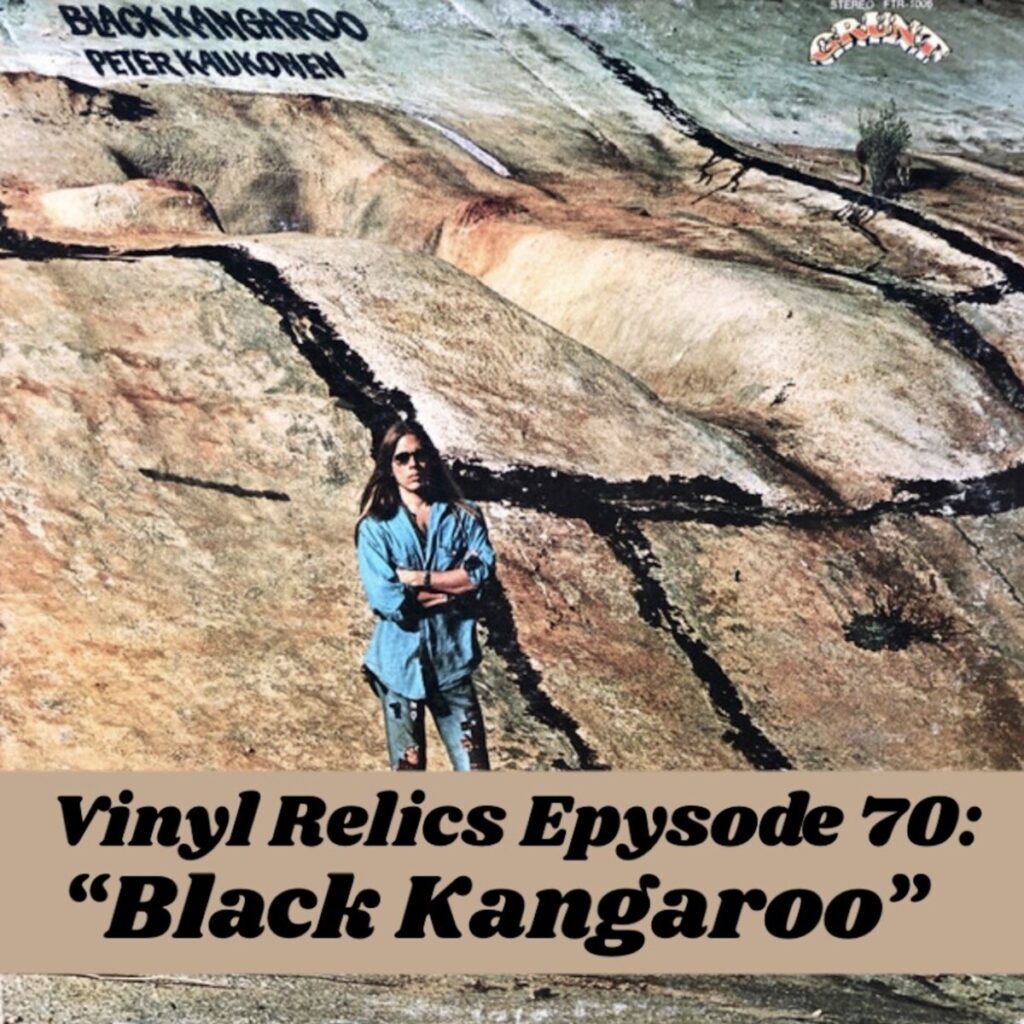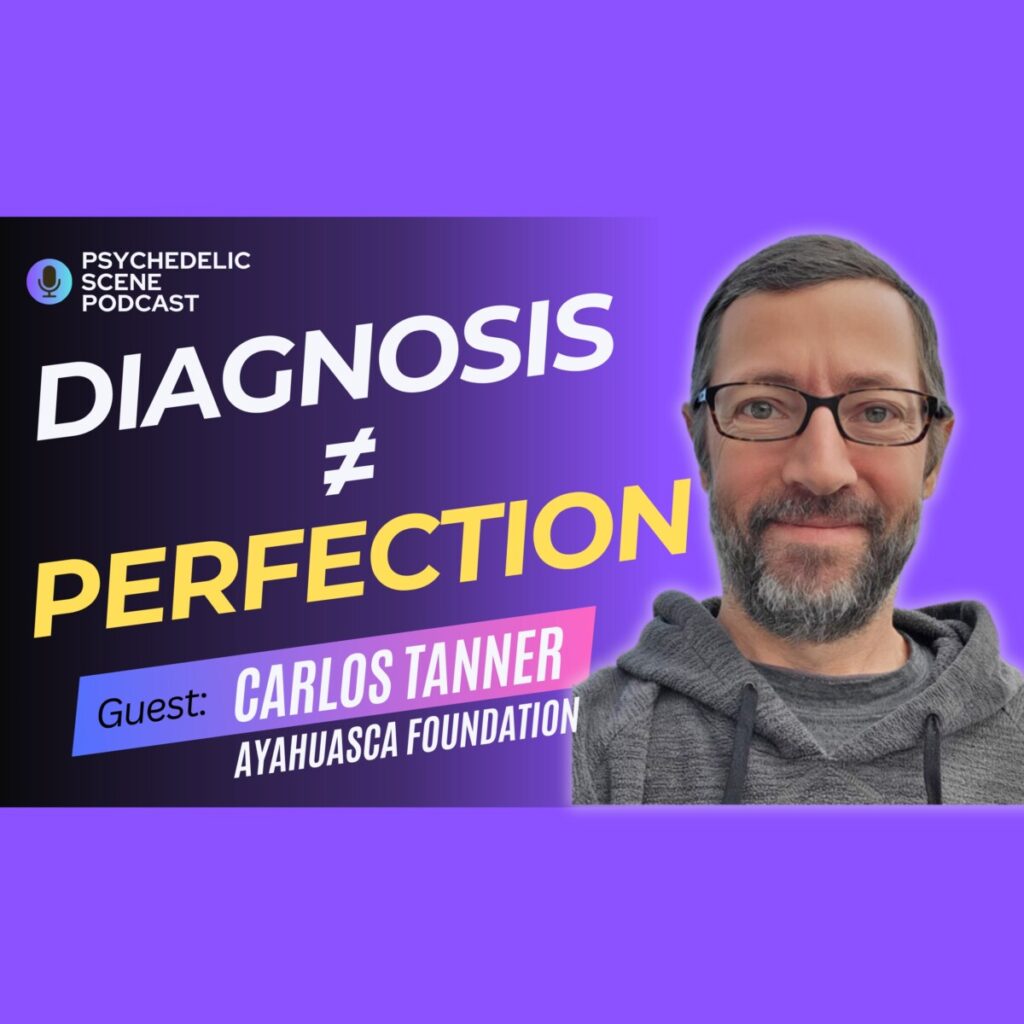How Psychedelics Can Help Palliative and End-of-Life Care
How Psychedelics Can Help Palliative and End-of-Life Care
Over 40 million people require palliative or end-of-life care each year. Terminally ill people often experience existential distress, which includes feelings of anxiety, depression, profound loneliness, disconnection, outrage or terror at the thought of death, questioning the meaning of life, and many other debilitating feelings. Existential distress is related to the suppression of immune and other physiological responses, further impacting life expectancy. In addition, it negatively affects familial relationships and can leave its mark long after the person has passed. Until recently, there has not been a truly effective treatment for existential distress. Psychedelic-assisted psychotherapy seems to hold hope for those suffering.
Western society views death as a failure of medicine. We tend to focus on quantity over quality of life, especially as the end draws near. Current medical models try to delay death rather than improve the quality of life for the time that remains. Not so long ago, people died at home, surrounded by loved ones. Death was a natural part of life and everyone was exposed to it. Today, death often occurs in a sterile hospital setting, after a desperate battle to prevent it. This can exact a high cost on those facing their own mortality. As Jeffrey Guss, co-principal investigator of the NYU Cancer Anxiety Psilocybin Study said: “When people are diagnosed with cancer, their lives can become constricted. They sometimes cope with terror and sadness by shutting down – they start to die before they actually do die.”
Psychedelics have shown their enormous potential for helping us live well. They may also be able to help us die well.
“Dying Before Dying”
Famed Czech psychiatrist Stanislav Grof was the first to try improving the Western experience of dying with psychedelics. He observed that the most dramatic psychological improvements centered around death- and birth-related mystical experiences. These involve ‘ego death,’ a state in which the self as we know it ceases, giving way to a sense of oneness or unity. Many who have experienced it while on psychedelics have associated it with feelings of being dead. Grof notes that “dying before dying has two important consequences: It liberates the individual from the fear of death and influences the actual experience of dying at the time of biological demise.”
Early History of Psychedelics in Palliative Care
Psychedelics were first administered to the terminally ill in the 1960s by Dr. Eric Kast. He had been studying the palliative effects of LSD as compared with opioids. Kast administered LSD to several hundred patients with advanced-stage cancer and found it provided significantly longer-lasting pain relief than opioids. Kast also noticed vast improvements in mood, sleep, and a greater appreciation for everyday life. Most importantly, patients underwent philosophical and religious revelations in their attitudes toward death.
Current Research
To date, the bulk of research concerns terminally ill or palliative patients with existential distress. These trials are often called “compassionate use“, recognizing that these people do not have the luxury of waiting for government approval. Thus, they are willing to undergo experimental psychedelic-assisted psychotherapy to make their remaining time pleasanter and more meaningful. The results are astounding
The FDA approved the first study of psychedelic-assisted psychotherapy in 2004, led by UCLA’s Dr. Charles Grob. It tested the efficacy of psilocybin-assisted psychotherapy (moderate dosage) on 12 advanced-stage cancer patients with high anxiety levels. The results were very promising, though not as dramatic as subsequent trials due to the lower dosage. Johns Hopkins University and NYU trials followed, where an unprecedented 60-80% of trial participants had immediate improvement in existential distress symptoms, especially death acceptance. These improvements held consistently when checked at the 6-month, 3-year, and 4-year markers.
RVNA Health Today
One NYU researcher confessed his astonishment: “I thought the first ten or twenty people were plants—that they must be faking it…They were saying things like, ‘I understand love is the most powerful force on the planet,’ or ‘I had an encounter with my cancer, this black cloud of smoke.’ People who had been palpably scared of death—they lost their fear. The fact that a drug given once can have such an effect for so long is an unprecedented finding. We have never had anything like it in the psychiatric field.”
Demystifying the Ultimate Mystery
Though everyone’s experience is different, common themes emerged that helped participants learn to live with their illnesses and prepare for their passing. Many participants described interacting with a universal or Godly love that was overwhelming and healing; a reconnection to life; direct confrontation with their cancer; acceptance of death as a stage of life; and a renewed sense of individual power. As Dr. Roland Griffiths of Johns Hopkins remarked, participants “become more interested in the quality of their remaining life as well as the quality of their death.”
Though most studies on palliative and end-of-life treatment use psilocybin, others involve LSD and MDMA. Renewed research into psychedelic-assisted psychotherapy in the past two decades began with the compassionate use of psilocybin because it was deemed the most socially and ethically acceptable. Of course, studies are still forthcoming in this particularly meaningful application of psychedelics. Thankfully, the unprecedented clinical results of psychedelic-assisted psychotherapy seem to offer hope to many who suffer.
Gallery
Recent Articles
Vinyl Relics: Black Kangaroo by Peter Kaukonen
•
February 21, 2026
Podcast–Carlos Tanner
•
February 18, 2026

Loading...




